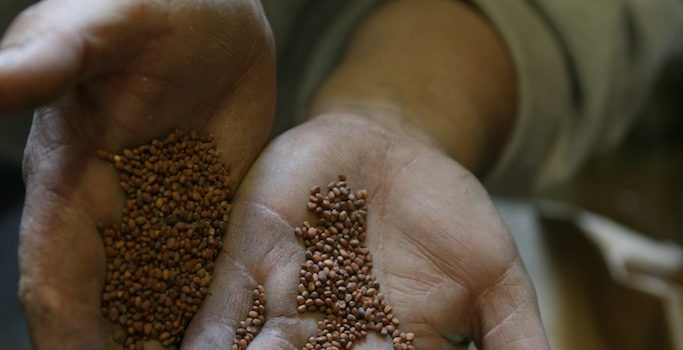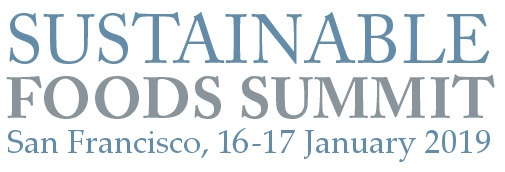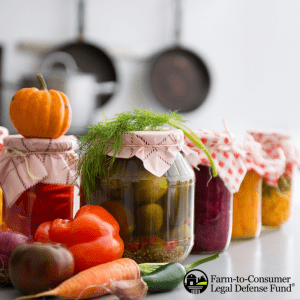A Few Good Things about Bloomingfoods Coop And Why It Matters in Community
Bloomingfoods matters. I’ve asked a few people to tell me a few good things about Bloomingfoods. Most of these folks have decades of experience with the Coop and are also member-owners of the store. I encourage you to share your own reasons why Bloomingfoods matters.
- Bloomingfoods and Coop was founded in 1975 and laid the foundation for the mega organics and bulk foods now being sold and consumed in Bloomington, Indiana and in most other communities across the nation. Everyone realizes that Bfoods is in a major shift time. What happens to the foundation of healthier foods truly depends upon the community of its members. Even if you have been hurt by some past experience, that is just it, a past experience. Let’s all grow on and up otherwise we step aside and allow mega corporation dollars to roll over the foundations of local foods in communities as it forces its way across the nation.
Those very same corporations that now have their own organic brands previously spent huge sums of money working to deflect and destroy coops, organic standards and GMO regulations for the healthy foods markets here and in other countries.
The Coop is a store that has played a role in supporting some local growers and farmers and vendors and made the welfare of growers everywhere a priority. Bloomingfoods created educational and community opportunities fostering the understanding of healthy food for healthy people and healthy community. For decades Bloomingfoods has nurtured the seeds of sustainable community.
I asked a few folks to tell me a couple of good things and here is some of what was offered.
I appreciate Bloomingfoods because :
-- Bloomingfoods is locally owned, by its members. This is just one thing, or maybe two,
-- it's the one that matters most, and that no big chain can match
--it is earthy and offers community and a sense of belonging
-- there is so much for shoppers and members to like:
---I can buy favorite foods, even kombu from Japan!
--It is a store where you LOVE to run into friends
--of the fact that Bfoods is of the community, for the community
--the staff for whom this is more than a job
--the comforting scale of the buildings
-- I have seen little children grown up shopping with their parents and then take their
first jobs there
--of the bulk foods section
-- if I don't like something about Bloomingfoods, I have the power to try to change it
through the democratic process. How much power you have depends on whether
others agree with me, and how involved I'm willing to get. The decisions in national
chains are made who-knows-where, to profit the owners or shareholders; if it's
profitable to close a community's only natural-foods store, for instance, they'll do it.
--It matters that Bloomingfoods is owned and run by members of our community.
--that it is a welcoming place
--it is ours
--it is a welcoming safe place for my children
--the big variety of local and organic foods
--the affordable and delicious deli
--good food equals good health which equals longer life expectancy
--co-op is an opportunity to guide our youth in cooperative principles they may not
receive elsewhere in their education
--It is a place that has supported local growers and producers educating the larger
community regarding health and community benefits of locally grown food.
--that it helped educate this city to the amazing health benefits of food.
-- it has helped the community to develop an infrastructure toward sustainability.
-- it has the good old co-op feeling!
--of the fact that it connects personally to so many peoples’ story and a gem that you
can still come home to, though very different, you can still come home.
Bloomingfoods Coop has offered and continues to create employment opportunities that connects community through owner membership and education and this has been part of the national muscle that works to educate and obtain protective regulations regarding organics, GMO’s, Monsanto’s pesticides and food labeling. Our Coop has been invaluable in community building and local foods education in particular and the organization worked diligently with local groups and individuals to develop and strengthen our local Farmers Market, Tuesday and Wednesday Farmers Market as well as the Winter Farmers Market.
Bloomingfoods Coop is here because a small group of local people received a loan from, I think Cathy Canada, a then local because they valued having healthy organic and bulk foods available in the community. Cooperative membership has grown to more than twelve thousand member owners. These members and the community at large will decide what happens to the mother and father of organics, bulk and whole foods in Bloomington.
I hope that every small business is paying attention because this pattern of destroying or neglecting locally owned small businesses in favor of those with large purses is truly death to communities.
Check out what membership means at Bloomingfoods Coop
https://www.bloomingfoods.coop/members/
I want to believe that people in this and other community’s want more connections with their foods than a faceless corporation can ever give. I hope that the people here want stores that nurture and ultimately will try to stay within our community when times are tough.
I hope that you will share into the larger community your reasons for why Bloomingfoods matters.
I am member #244 and I think that the Coop matters.
Local Food Fairy













